First Learn Blog
This page will let you know our latest added and the updated pages to my website. Visiting this page will update you with what we have added recently.
Jun 27, 2025
Eleventh Grade | Eleventh Grade Science | Eleventh Grade Math
Eleventh grade biology has been designed in accordance with the recommended topics. We will cover all the topics in biology very exciting and interesting way.
Continue reading "Eleventh Grade | Eleventh Grade Science | Eleventh Grade Math"
Jun 27, 2025
Explain Digestion of Food | Salivary Glands | Oesophagus | Stomach
Before the digestion is start by the different enzymes secreted from the different digestive glands food must be turned and chut or mixed with saliva inside the mouth.
Continue reading "Explain Digestion of Food | Salivary Glands | Oesophagus | Stomach"
Jun 21, 2025
Explain Human Digestive System | Mouth | Tongue | Pharynx | Teeth
Digestive system is a system of alimentary canal and digestive glands. Alimentary canal- alimentary canal is a tube of variable diameter having muscular wall and glandular epithelial tissues which starts from a mouth and ends at anus. It is made up of mouth vestibule
Continue reading "Explain Human Digestive System | Mouth | Tongue | Pharynx | Teeth"
Jun 18, 2025
Vernalisation in Plants | Definition | Mechanism | Devernalization |
Definition of vernalisation- The change of flowering habit due to the low temperature treatment is known as vernalisation. This is a physiological process which was denoted by Clipart in 1857 invite but later it was explained and named by Lysenko in 1928.
Continue reading "Vernalisation in Plants | Definition | Mechanism | Devernalization | "
Jun 15, 2025
The Food We Eat | Food we Get from Plants and Animals | Carbohydrates
What are the food that we should eat? Find out the names of ten food items in the word maze. Write the names in the correct column of the table given below. Food we get from plants Food we get from animals fish, egg, milk Why do we need food? All living things need food to
Continue reading "The Food We Eat | Food we Get from Plants and Animals | Carbohydrates"
Jun 10, 2025
Photoperiodism Long Day and Short Day Plant |Definition of Phytochrome
Definition of photoperiodism- photoperiodism is a process where the response of a particular flowering plant to the effective day length with respect to flowering occurs. In 1920 and in 1922 Garner and Allard in a variety of soybean made some experiments for understandin
Continue reading "Photoperiodism Long Day and Short Day Plant |Definition of Phytochrome"
Jun 09, 2025
Physiological Effects of Plant Growth Regulators | Auxin, Gibberellins
Internal regulators of growth and development internal regulator of growth and development are genetic factors and growth regulator as these are important internal regulator. Best genetic factors are transmitted from one generation to another in the living organisms.
Continue reading "Physiological Effects of Plant Growth Regulators | Auxin, Gibberellins"
Apr 27, 2025
Characteristics of Plant Growth Regulators | Definition | Functions |
Definition of plant growth regulators- This are very small molecules synthesized from the cells of different parts which are associated with the plant cell growth. Growth in unicellular organism employees the increase in volume or increasing the number of organisms.
Continue reading "Characteristics of Plant Growth Regulators | Definition | Functions | "
Apr 22, 2025
Plants Development | Definition | Leaf Development | Factors Affecting
Definition of development- development is a biological process which can be defined as the process in which there is sequence of qualitative changes towards a higher or more Complex state.It consists of all the changes an organism have to undergo from the time of birth till
Continue reading "Plants Development | Definition | Leaf Development | Factors Affecting"
Apr 21, 2025
Differentiation, Dedifferentiation and Redifferentiation | Definition
Cells from the root apical meristem and shoot apical meristem the camera that differentiate , mature to perform different functions. This process by which the cells undergo different major structural changes or few structural changes both in their protoplasm
Continue reading "Differentiation, Dedifferentiation and Redifferentiation | Definition"
Feb 27, 2025
Explain about Growth in Plants |Definition of Growth & Differentiation
Growth is a permanent increase in length or volume of an organism that brought upon by an increase in its dimensions due to synthesis of new protoplasmic material.
Continue reading "Explain about Growth in Plants |Definition of Growth & Differentiation"
Dec 02, 2024
Definition of Respiratory Quotient | calculation | Application | Plant
Definition of respiration quotient- the ratio of the carbon-dioxide evolved to that of the oxygen consumed by a cell, tissue, plants or animals in a given time is called respiratory quotient. It is used for the basal metabolic rate in the living organisms when the BMR
Continue reading "Definition of Respiratory Quotient | calculation | Application | Plant"
Jun 06, 2024
Amphibolic Pathway | Definition | Examples | Pentose Phosphate Pathway
Definition of amphibolic pathway- Amphibolic pathway is a biochemical pathway where anabolism and catabolism are both combined together. Examples of amphibolic pathway- there are different biochemical reactions system as amphibolic pathway.
Continue reading "Amphibolic Pathway | Definition | Examples | Pentose Phosphate Pathway"
Feb 18, 2024
Respiratory Balance Sheet | TCA Cycle | ATP Consumption Process
The major component that produced during the photosynthesis is Glucose which is further metabolised by the different metabolic pathways like glycolysis, Krebs cycle, TCA cycle and produces energy which is then utilise by the organism for their different physiological
Continue reading "Respiratory Balance Sheet | TCA Cycle | ATP Consumption Process"
Feb 04, 2024
Electron Transport System and Oxidative Phosphorylation | ETC |Diagram
It is also called ETC. Electron transfer means the process where one electron relocates from one atom to the other atom. Definition of electron transport chain - The biological process where a chains of redox reaction take place as electrons are transferred from the
Continue reading "Electron Transport System and Oxidative Phosphorylation | ETC |Diagram"
Jan 28, 2024
Tricarboxylic Acid Cycle | Krebs Cycle | Steps | End Products |Diagram
This is a type of process which execute in a cyclical form and final common pathway for oxidation of Carbohydrates fat protein through which acetyl coenzyme a or acetyl CoA is completely oxidised to carbon dioxide and ultimately water is known as tricarboxylic acid cycle.
Continue reading "Tricarboxylic Acid Cycle | Krebs Cycle | Steps | End Products |Diagram"
Dec 15, 2023
Aerobic Respiration | Definition of Aerobic Respiration | Glycolysis
This is a type of respiration where molecular free oxygen is used as the final acceptor and it is observed in cell. Site of Aerobic Respiration - Aerobic respiration is observed in most of the eukaryotic cells that starting from unicellular organisms to those found in higher
Continue reading "Aerobic Respiration | Definition of Aerobic Respiration | Glycolysis"
Nov 29, 2023
Fermentation | Definition | Types of Fermentation | Application
Definition of fermentation- It is a process that is energy yielding process of anaerobic oxidation of organic compounds which are carried out by the enzyme action of micro organisms where neither gaseous substances like oxygen are used nor the respiratory chain is used and
Continue reading "Fermentation | Definition | Types of Fermentation | Application"
Oct 31, 2023
Glycolysis and the Steps of Glycolysis | Tricarboxylic Acid Cycle
Glycolysis observed in living organisms for glucose metabolism. The main pathway of complete oxidation of Carbohydrates is divisible into three phases- Glycolysis- it is biochemical reactions that observed in living organisms where
Continue reading "Glycolysis and the Steps of Glycolysis | Tricarboxylic Acid Cycle"
Oct 29, 2023
Do Plants Breathe? | Respiration in Plants |Breathing Organs in Plants
Green plants contain stomata in some cases mainly in Dicot leaves stomata are observed in the downloads layer of the leaf and in monocot stomata are observed on the both side of the leaf. Stomata contains a stomatal pore which opens and close according to the difference in
Continue reading "Do Plants Breathe? | Respiration in Plants |Breathing Organs in Plants"
Sep 13, 2023
Factors Affecting Photosynthesis |Hydrolysis of Water|Sources of Water
Process of photosynthesis- Photosynthesis is the only process by which energy from the sun called solar energy is trapped inside the body of living beings specifically green plants. It contains chlorophyll which is the green pigment and is able to trap sunlight
Continue reading "Factors Affecting Photosynthesis |Hydrolysis of Water|Sources of Water"
Sep 10, 2023
Photorespiration | Definition | Location of Photo Respiration |
Photo respiration was first described by the Dicker and Tio in 1959. This photorespiration is also known as C2 cycle or oxidative photosynthetic carbon cycle. This is the process that are observed in some higher plants where Rubisco oxygenates RuBp that causes energy
Continue reading "Photorespiration | Definition | Location of Photo Respiration | "
Aug 16, 2023
The C4 Pathway | Kranz Anatomy | CAM Plants |Structure of Chloroplasts
C4 plants are those plants where carbon dioxide are circulated into four carbon compound (sugar) before entering the Calvin cycle. There are many C4 plants that we take in our diet ,they are – maize, pineapple, sugarcane etc.
Continue reading "The C4 Pathway | Kranz Anatomy | CAM Plants |Structure of Chloroplasts"
Aug 10, 2023
The Calvin Cycle | Mechanism of C3 Cycle | What is Solarization?
The dark reaction, primary involves assimilation of carbon dioxide from the atmosphere to organic carbon of the plant body in the form of organic compounds like glucose this thing was first denoted by Blackmans in 1905 and hence it is called black man’s reaction later in
Continue reading "The Calvin Cycle | Mechanism of C3 Cycle | What is Solarization?"
Aug 10, 2023
Primary Acceptor of CO2 | Mechanism of C3 Cycle |Carboxylation of RuDP
The increase in carbon dioxide concentration in the environment may increase photosynthesis by up to a certain limit is 1% and higher concentration of carbon dioxide is inhibitory for photosynthetic reaction. At the point where the concentration of carbon dioxide and that
Continue reading "Primary Acceptor of CO2 | Mechanism of C3 Cycle |Carboxylation of RuDP"
Aug 08, 2023
ATP and NADPH used in Photosynthesis | Production of ATP and ADP
ATP and ADP are energy molecules Which produced during light reaction and that is utilised in the dark reaction bye release of energy. Production of ATP and ADP during light reaction Uses of ATP and NADPH- ATP and NADPH ( Nicotinamide adenine dinucleotide phosphate) are have
Continue reading "ATP and NADPH used in Photosynthesis | Production of ATP and ADP"
Jul 31, 2023
Chemiosmotic Hypothesis | Movement of Ions | Chemiosmosis in Plants
Chemiosmotic theory- Piter D. Mitchell proposed the chemiosmotic hypothesis in 1961 and this theory suggest essentiality that most adenosine triphosphate phosphate (ATP) cells comes from the electrochemical gradient across the inner membrane of mitochondriaby using energy
Continue reading "Chemiosmotic Hypothesis | Movement of Ions | Chemiosmosis in Plants"
Jul 28, 2023
Cyclic and Noncyclic Photo-phosphorylation |Pigment System|Limitations
Photosynthesis is called Redox reaction because carbon dioxide is reduced to glucose and water is oxidised to oxygen. It is a weakly fluorescent pigment system consisting of chlorophyll B ,chlorophyll A of 670, chlorophyll A 680 chlorophyll A 695 and very small amount of
Continue reading "Cyclic and Noncyclic Photo-phosphorylation |Pigment System|Limitations"
Jul 27, 2023
Explain about Splitting of Water | Photolysis of Water |Photosynthesis
Water is very essential and important component of photosynthesis which helps in the reduction of carbon dioxide to glucose. Theterrestrial plants that absorb the soil water with the help of their root hairs by the process of osmosis and active transport, the aquatic plants
Continue reading "Explain about Splitting of Water | Photolysis of Water |Photosynthesis"
Jul 26, 2023
The Electron Transport | ATP Molecules | Ultimate Electron Acceptors
It is called ETC. Electron transfer means the process where one electron relocate from one atom to the other atom. Definition of electron transport chain - The biological process where a chains of redox reaction take place as electrons are transferred from the donner to the
Continue reading "The Electron Transport | ATP Molecules | Ultimate Electron Acceptors"
Jul 24, 2023
Light Reaction on the Photochemical Phase | Different Events | Pigment
Light reaction is also known as photochemical phase because for this phase light is essential for green plants get from sunlight. This phase is observed in the granum of chloroplast and is essential inductive phase which involve absorption of solar energy, photosynthetic
Continue reading "Light Reaction on the Photochemical Phase | Different Events | Pigment"
Jul 22, 2023
How many Pigments are Involved in Photosynthesis? | Types of Pigments
Pigments are the molecules that absorbs light of specific wavelengths release the other means absorbs energy and provide that for transformation of electrons into next level.
Continue reading "How many Pigments are Involved in Photosynthesis? | Types of Pigments"
Jul 13, 2023
Where does Photosynthesis Takes Place?
Photosynthesis is a physiological process in which green plants make their own food in presence of sunlight, water collected by the roots, carbon dioxide from the air and produces oxygen which is released into the air.
Jul 12, 2023
Metabolism of Nitrogen | Nitrogen Cycle | Biological Nitrogen Fixation
Metabolism of Nitrogen nitrogen cycle biological nitrogen fixation- We all know that our atmosphere has 78% of the Nitrogen gas which is one of the essential constituent of all living organisms. Nitrogen cycle is a type of biogeochemical cycle, this term was first coined by
Continue reading "Metabolism of Nitrogen | Nitrogen Cycle | Biological Nitrogen Fixation"
Jul 11, 2023
Soil as Reservoir of Essential Elements | Factors Present in the Soil
It is accepted that soil is very much essential for the plants to grow. Soil is made up of three layers. Among the three layers topsoil is the most enriched layer of the soil. In this layer plants grow. This layer contains all the critical elements
Continue reading "Soil as Reservoir of Essential Elements | Factors Present in the Soil"
Jul 07, 2023
Translocation of Solutes | Structure of Phloem | Phloem Tissue | Plant
Translocation is a process by which transport of food materials from the source or point of manufacture two different growing regions of the plant take place. As we all know that water is transported by the roots and the food produced in the leaves are must be transported
Continue reading "Translocation of Solutes | Structure of Phloem | Phloem Tissue | Plant"
Jul 06, 2023
Mechanism of Absorption of Elements | Passive Water Absorption
Roots absorb water in the region where root hairs are present. Root hairs are tubular in structure that outgrowth of a root region which passes into soil interfaces for absorption water from the soil. Root hairs developed in the region of the root maturation and this area is
Continue reading "Mechanism of Absorption of Elements | Passive Water Absorption"
Jul 04, 2023
Deficiency Symptoms of Essential Elements | Deficiency in Plants
Deficiency in plants can be caused due to following deficiency of the elements- Nitrogen- As nitrogen is the major constituent of amino acids, proteins, hormones, enzymes, coenzymes, chlorophyll, vitamin, cytochromes etc thus chlorosis appear first in older leaves and
Continue reading "Deficiency Symptoms of Essential Elements | Deficiency in Plants"
Jul 04, 2023
Toxicity of Micronutrients |Manganese |Phosphorous |Potassium Toxicity
Micronutrients consists of those element which are required very less in quantity for the normal growth and development of the plants. Different types of micronutrients in plants are- Different types of micronutrients of the plants are – zinc, boron, chlorine, manganese
Continue reading "Toxicity of Micronutrients |Manganese |Phosphorous |Potassium Toxicity"
Jun 30, 2023
Role of Macronutrients and Micronutrients | Nutrition of Plants |Plant
Terrestrial plants absorb the mineral requirements from the soil by the region of their roots that having young cells. The process of absorption of minerals can be passive or active. In passive transport of energy is not required by the transport system but in the active
Continue reading "Role of Macronutrients and Micronutrients | Nutrition of Plants |Plant"
Jun 28, 2023
Criteria for Essentiality | Plant nutrition | Beneficial Materials
Plants that uses different mineral and water for their nutrition is called plant nutrition. Weathering of rock mixing of dead bodies of plants and animals with the soil make the soil fertile and there is addition of different elements within the soil from the body of the
Continue reading "Criteria for Essentiality | Plant nutrition | Beneficial Materials"
Jun 27, 2023
Methods to Study the Mineral Requirements of Plants |Mineral Transport
Elements that require by the plants are called essential minerals. Functions of minerals- functions of minerals are- *Constituent of organic molecules that is carbon hydrogen oxygen nitrogen phosphorus Sulphur Ion magnesium calcium
Continue reading "Methods to Study the Mineral Requirements of Plants |Mineral Transport"
Jun 23, 2023
The Pressure Flow or Mass Flow Hypothesis | Mechanism |Turgor Pressure
It is the hypothesis by which transport of sap by phloem can be best described. This hypothesis was given by Ernst Munch in 1930 who was an German plant physiologist. According to this hypothesis a high concentration of organic substances like sugar, inside the phloem
Continue reading "The Pressure Flow or Mass Flow Hypothesis | Mechanism |Turgor Pressure"
Jun 05, 2023
Phloem Transport – Flow from Source to Sink | Long Distance Transport
Transport of phloem saps from the sugar source to the sugar sink takes place. For the plants specifically angiosperms are observed to having pressure flow hypothesis for their phloem translocation.
Continue reading "Phloem Transport – Flow from Source to Sink | Long Distance Transport"
May 30, 2023
Uptake of Transport Nutrients | Definition of Osmosis | Absorption
The transport of substances from one part of the plant to the another part is called conduction. In this process water is transported to the Green Leaves for photosynthesis, takes place and the food produced in the leaves are transported to different parts of the plant.
Continue reading "Uptake of Transport Nutrients | Definition of Osmosis | Absorption"
May 29, 2023
Transpiration and Photosynthesis are Compromise |Transpiration Process
Photosynthesis is a biochemical process by which green plants make their own food in presence of water, carbon dioxide, sunlight is called photosynthesis. This is the process where chemical energy is stored in the glucose and later it is released as energy for performing
Continue reading "Transpiration and Photosynthesis are Compromise |Transpiration Process"
Apr 18, 2023
Transpiration | Characteristics Features | Different Types | Factors
Definition of transpiration - Transpiration is the physiological activity in which water molecules carried from the root to the pores of the leaves present in the downward side of the leaf and evaporates from the plant body. Actually this is the process of evaporation of
Continue reading "Transpiration | Characteristics Features | Different Types | Factors"
Apr 09, 2023
Water Movement Up a Plant | Absorption of Water by Roots
Transport of water and minerals- The transport of the substances from one part of the plant to another is called conduction. Roots absorbed water and minerals from the soil those are need to be transported to the different parts of the plants body.
Continue reading "Water Movement Up a Plant | Absorption of Water by Roots"
Recent Articles
-
Eleventh Grade | Eleventh Grade Science | Eleventh Grade Math
Jun 27, 25 12:26 AM
Eleventh grade biology has been designed in accordance with the recommended topics. We will cover all the topics in biology very exciting and interesting way. -
Explain Digestion of Food | Salivary Glands | Oesophagus | Stomach
Jun 27, 25 12:20 AM
Before the digestion is start by the different enzymes secreted from the different digestive glands food must be turned and chut or mixed with saliva inside the mouth. -
Explain Human Digestive System | Mouth | Tongue | Pharynx | Teeth
Jun 21, 25 01:15 PM
Digestive system is a system of alimentary canal and digestive glands. Alimentary canal- alimentary canal is a tube of variable diameter having muscular wall and glandular epithelial tissues which sta… -
Vernalisation in Plants | Definition | Mechanism | Devernalization |
Jun 18, 25 01:34 PM
Definition of vernalisation- The change of flowering habit due to the low temperature treatment is known as vernalisation. This is a physiological process which was denoted by Clipart in 1857 invite b… -
The Food We Eat | Food we Get from Plants and Animals | Carbohydrates
Jun 15, 25 03:20 PM
What are the food that we should eat? Find out the names of ten food items in the word maze. Write the names in the correct column of the table given below. Food we get from plants Food we get from an…
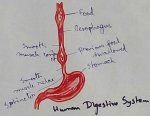

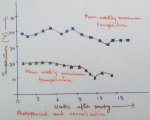


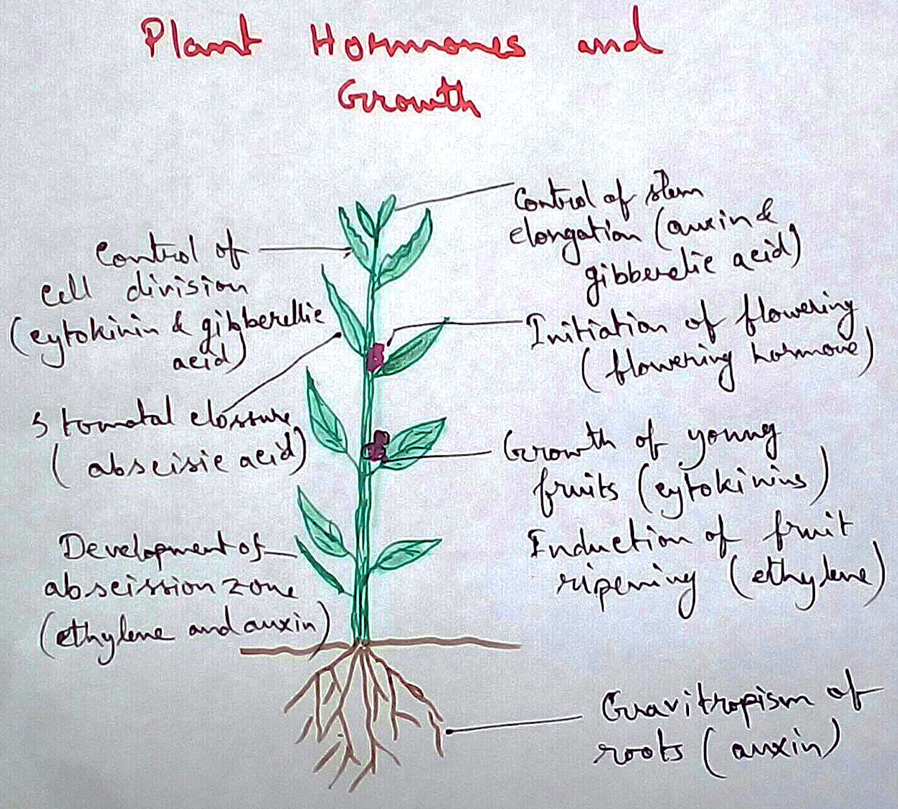
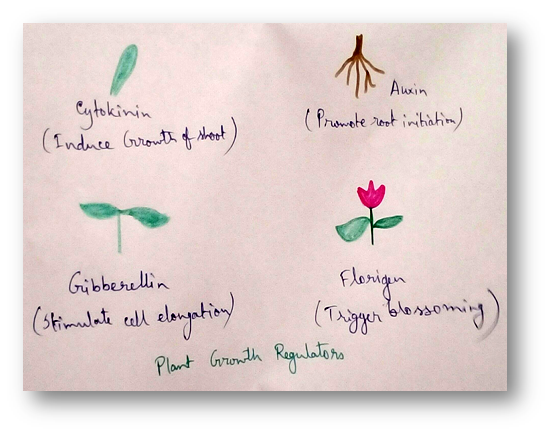
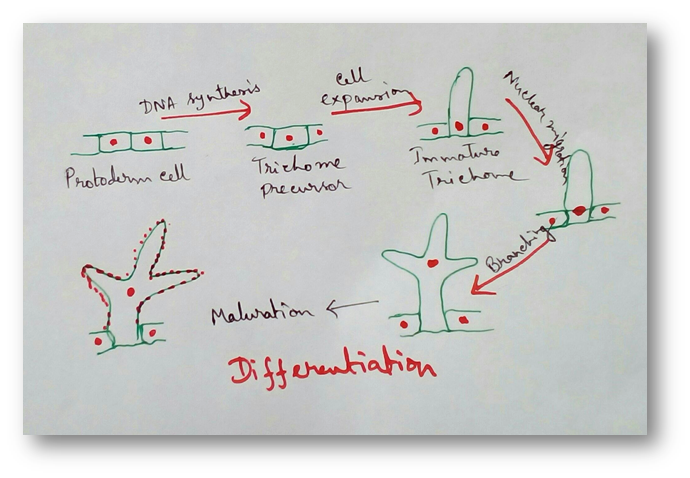
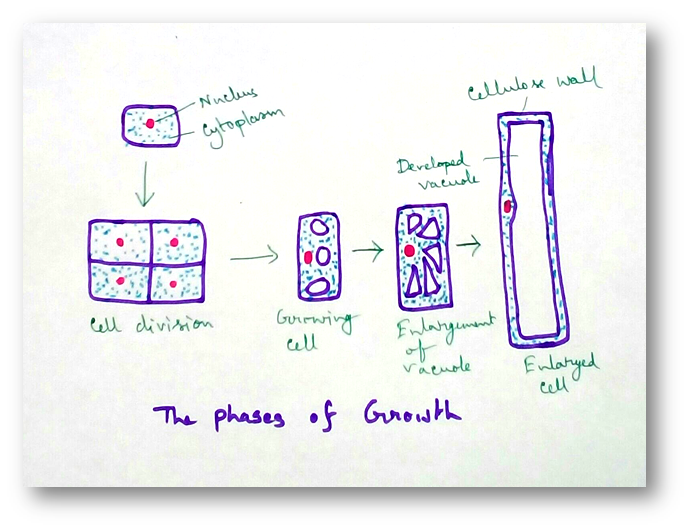
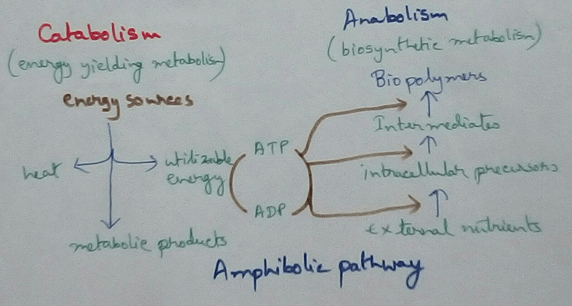
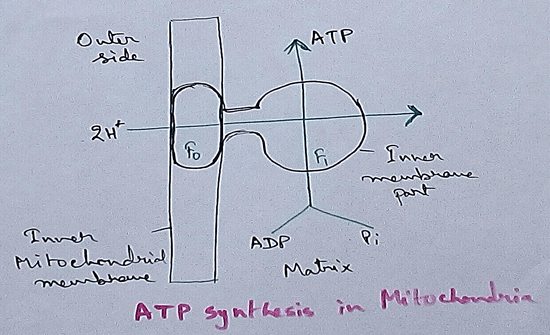
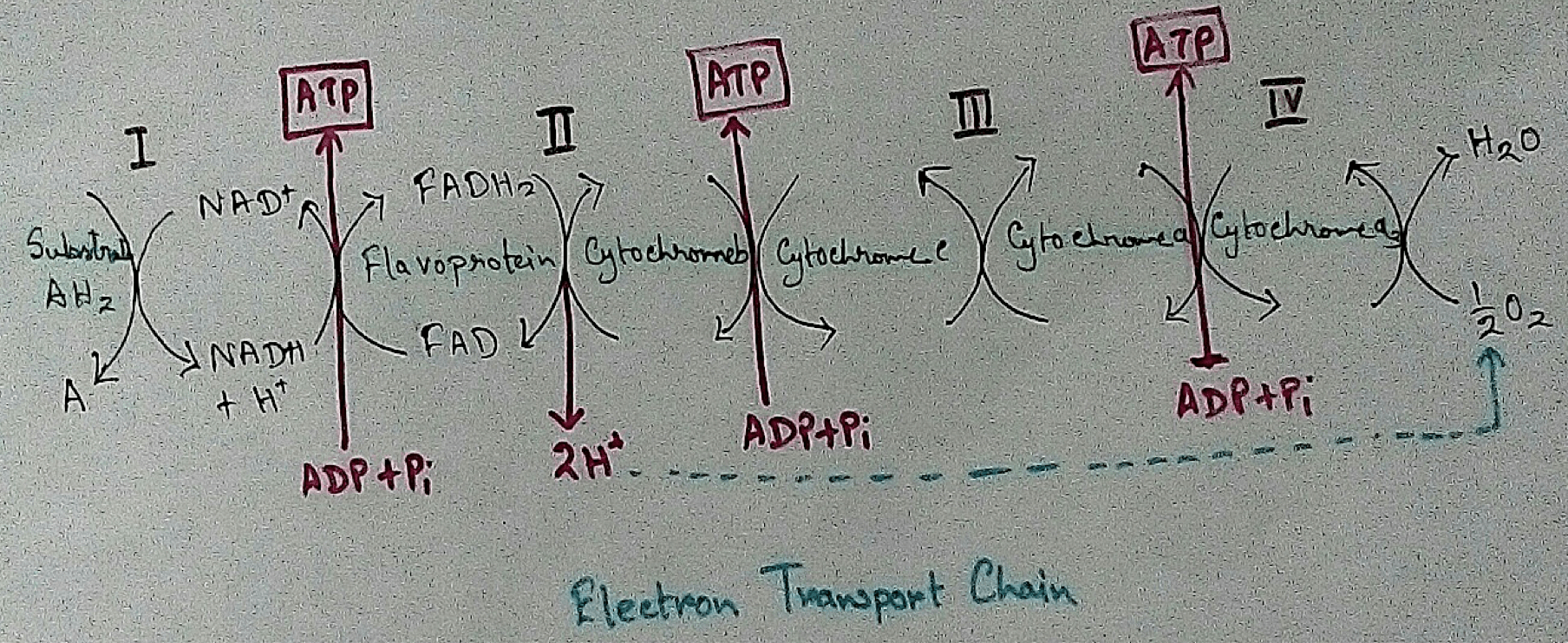
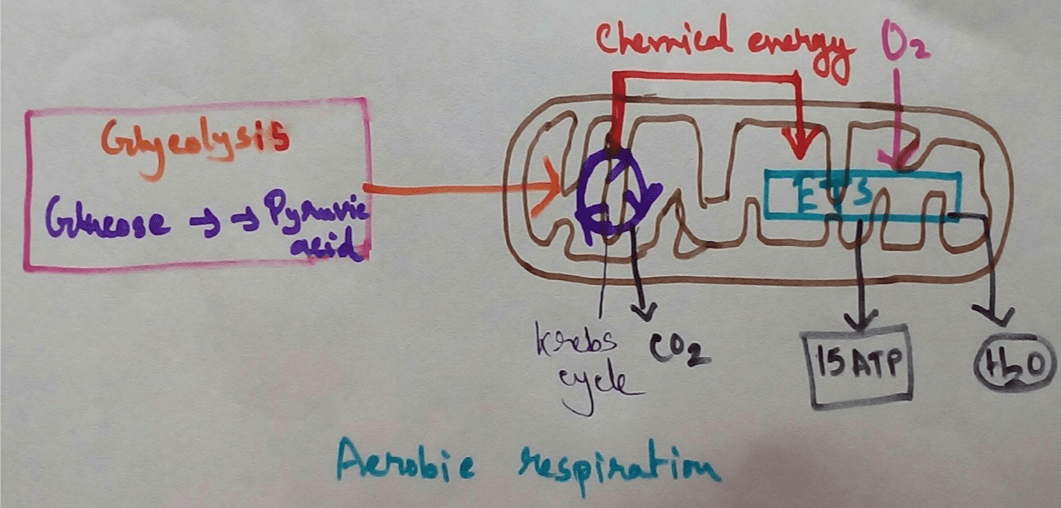
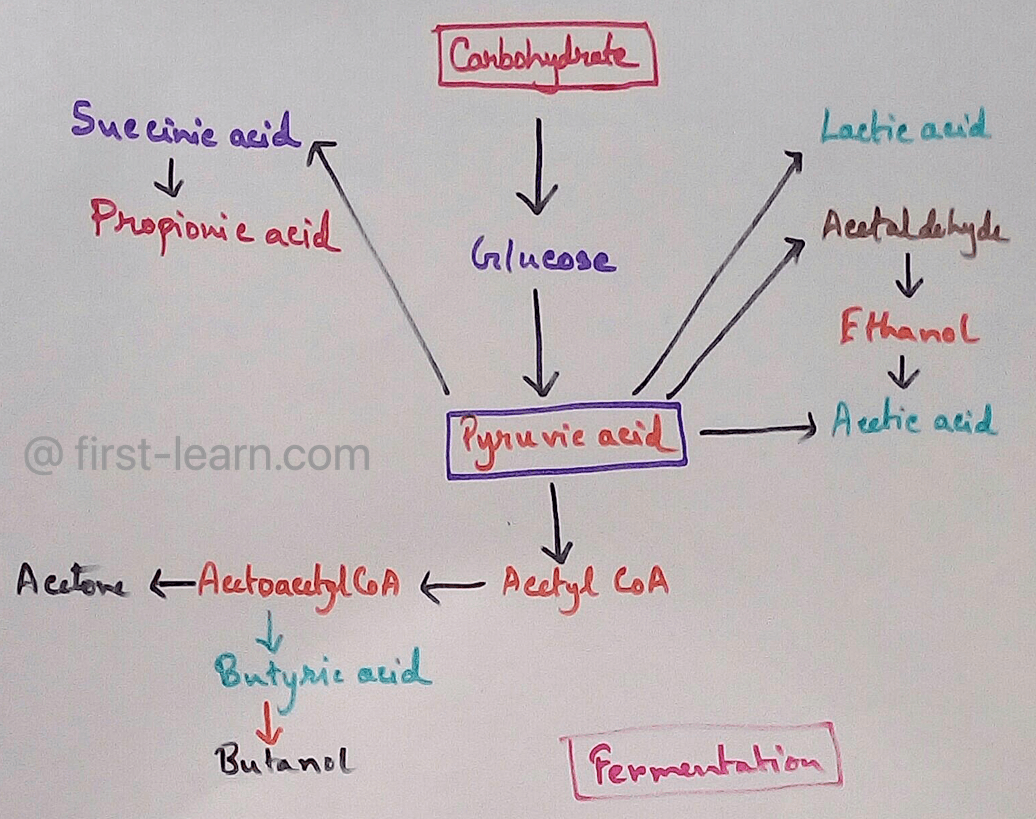
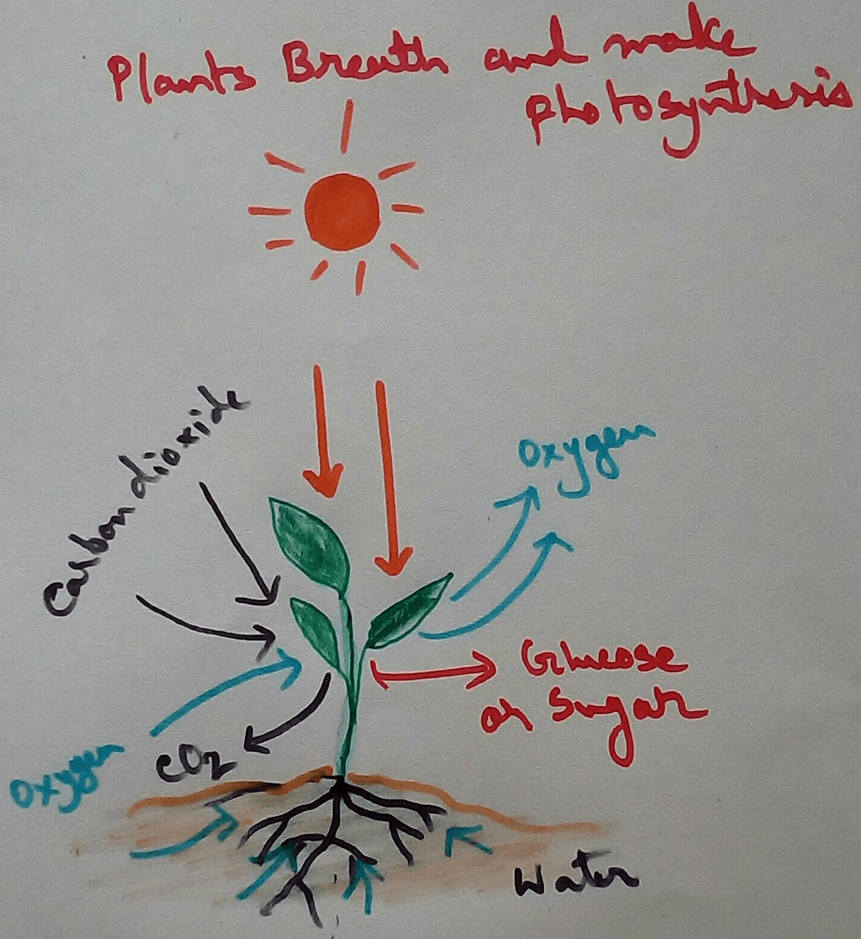
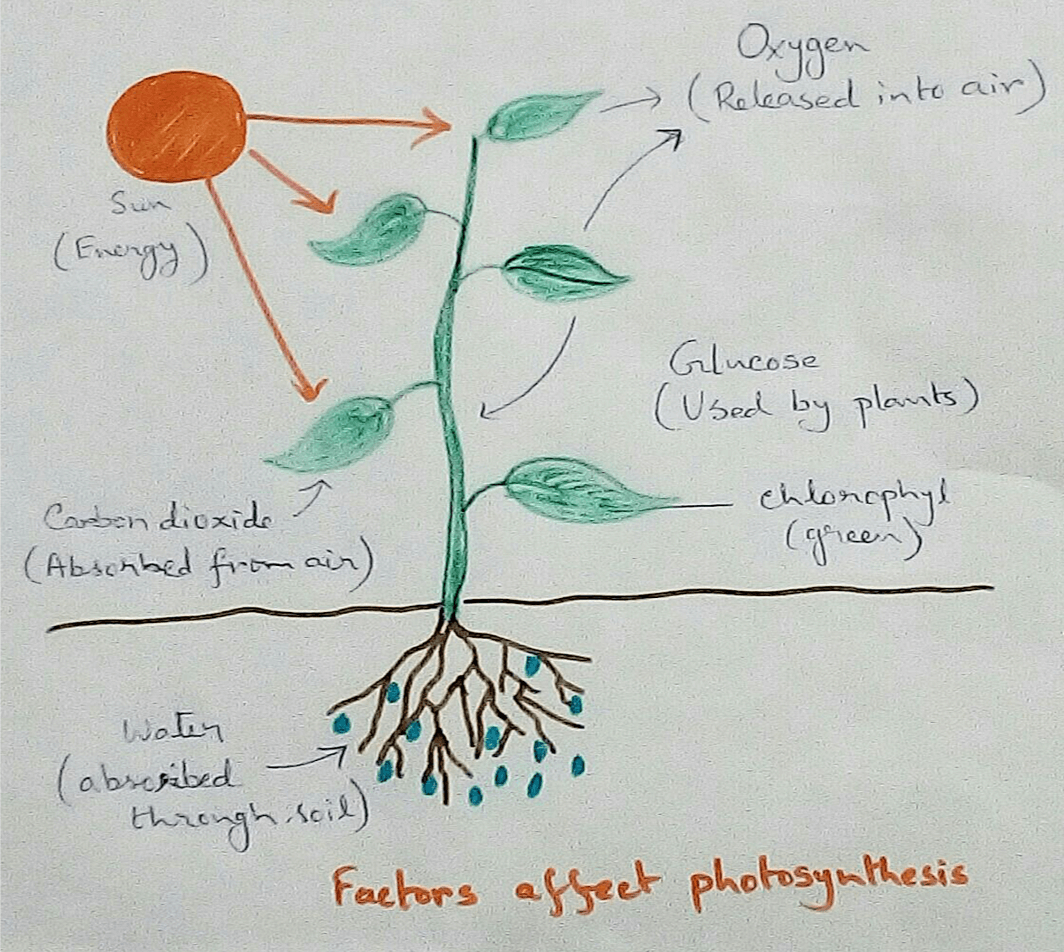
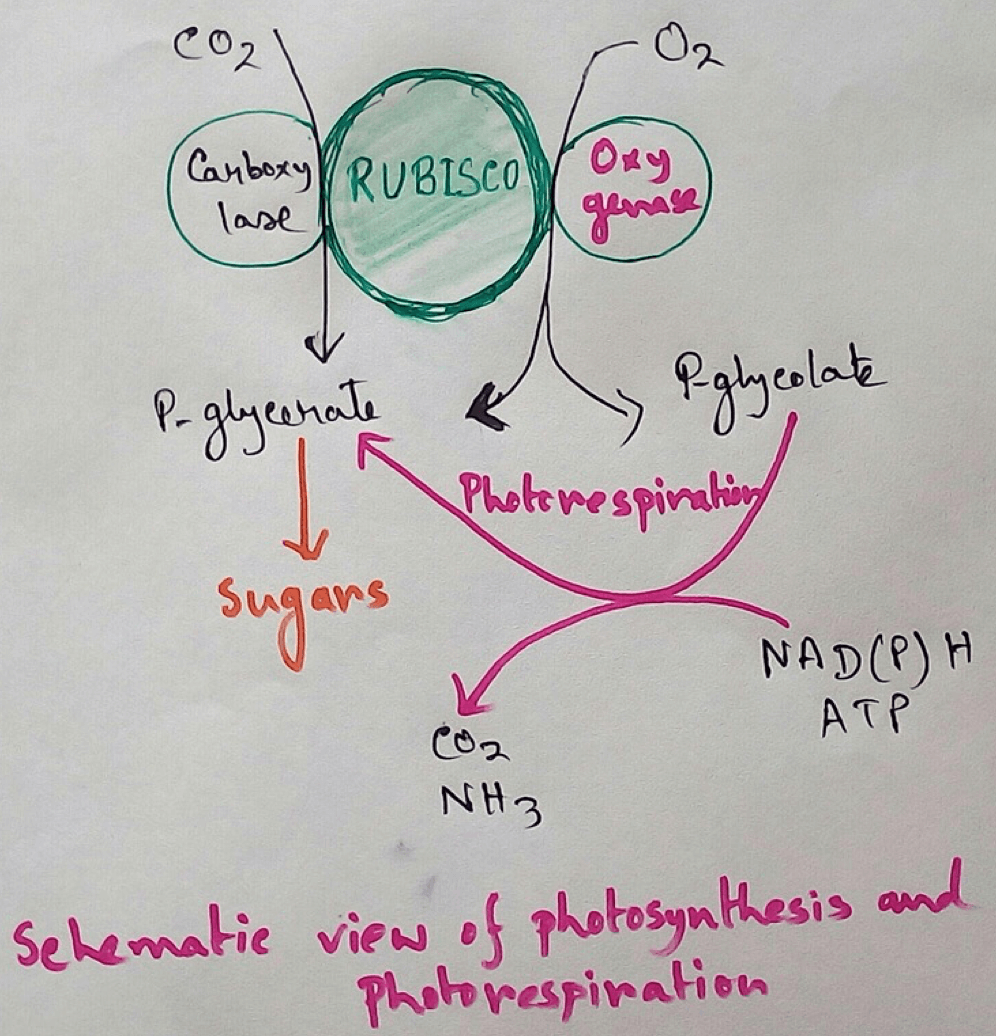
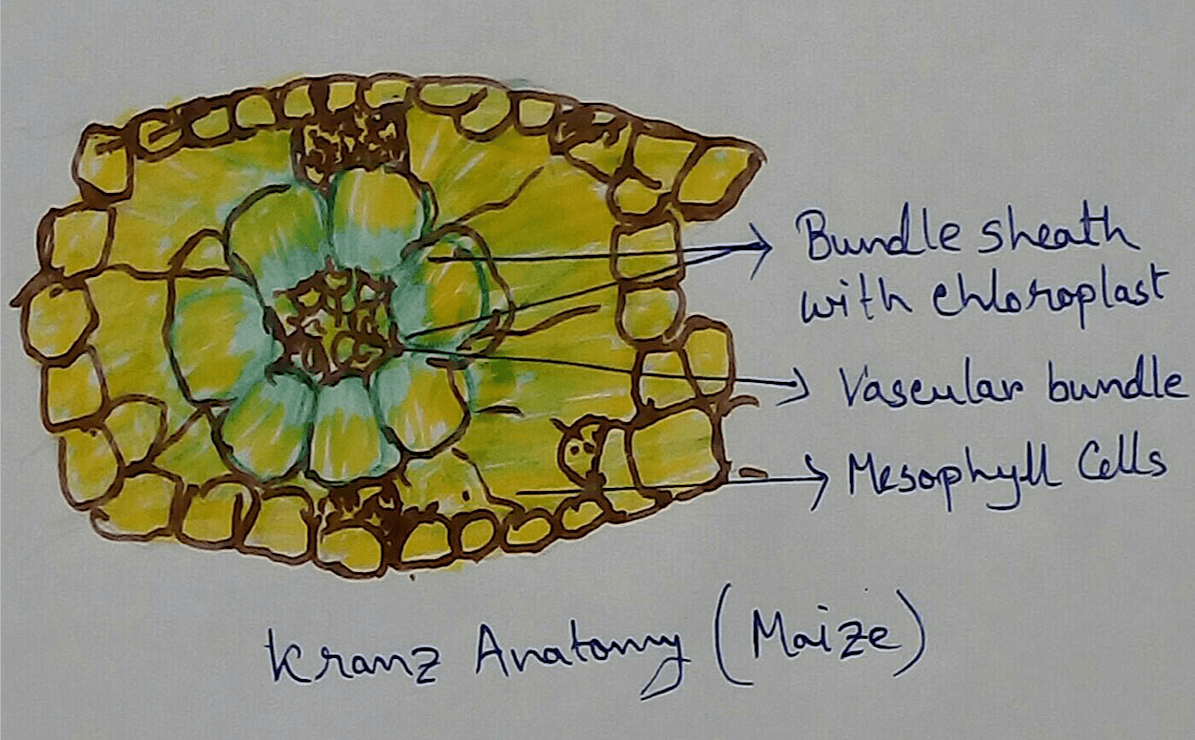
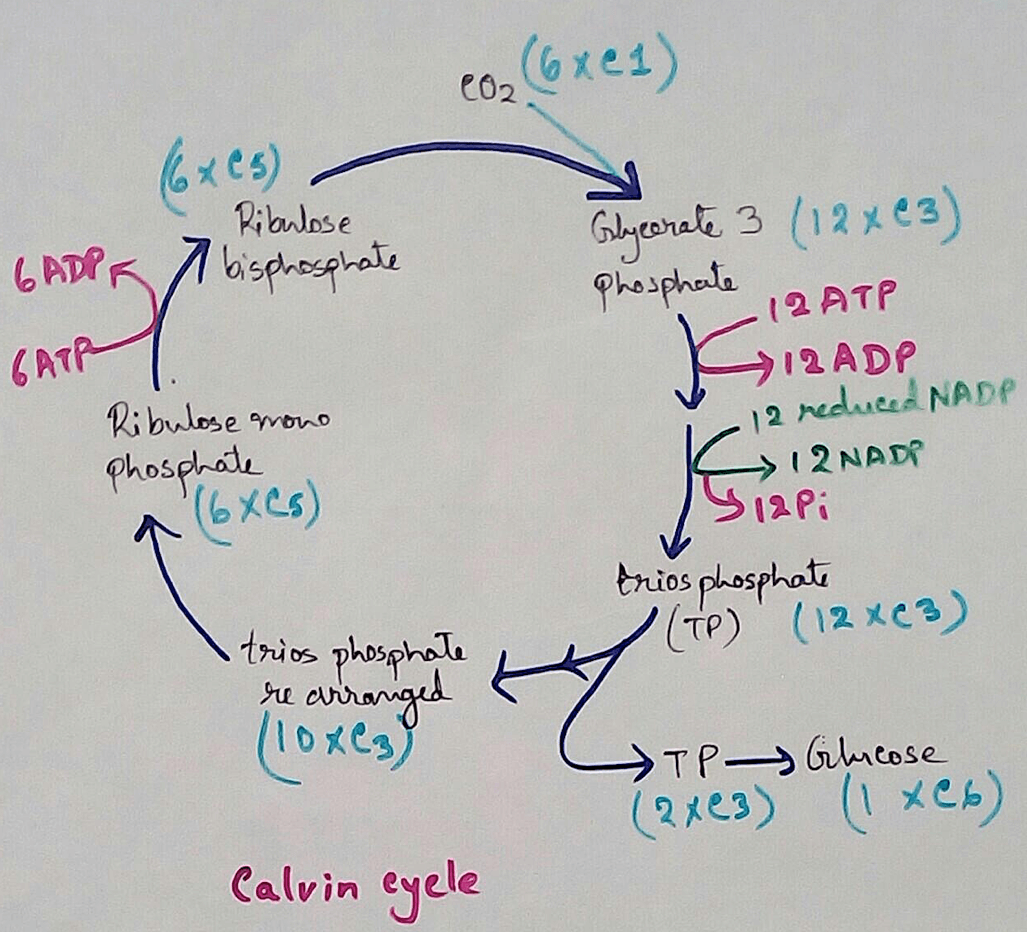
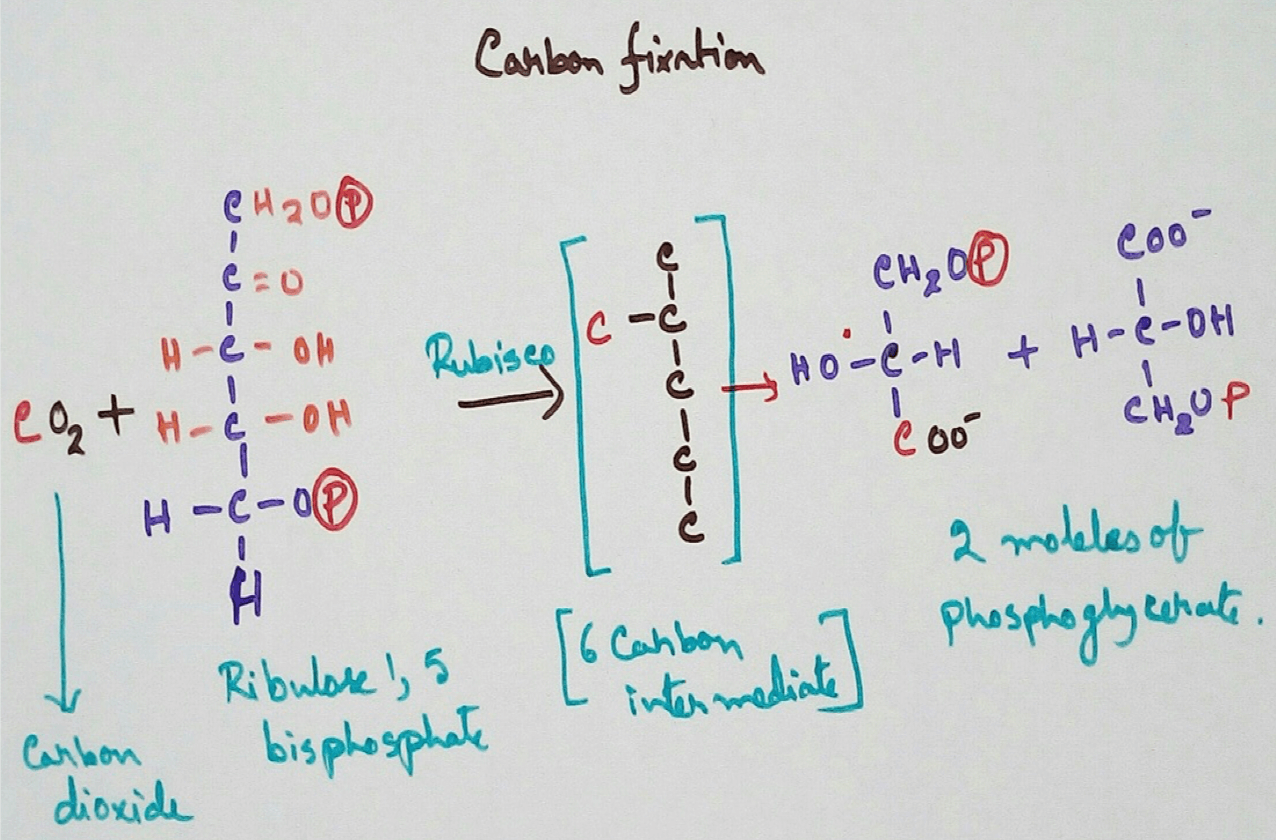
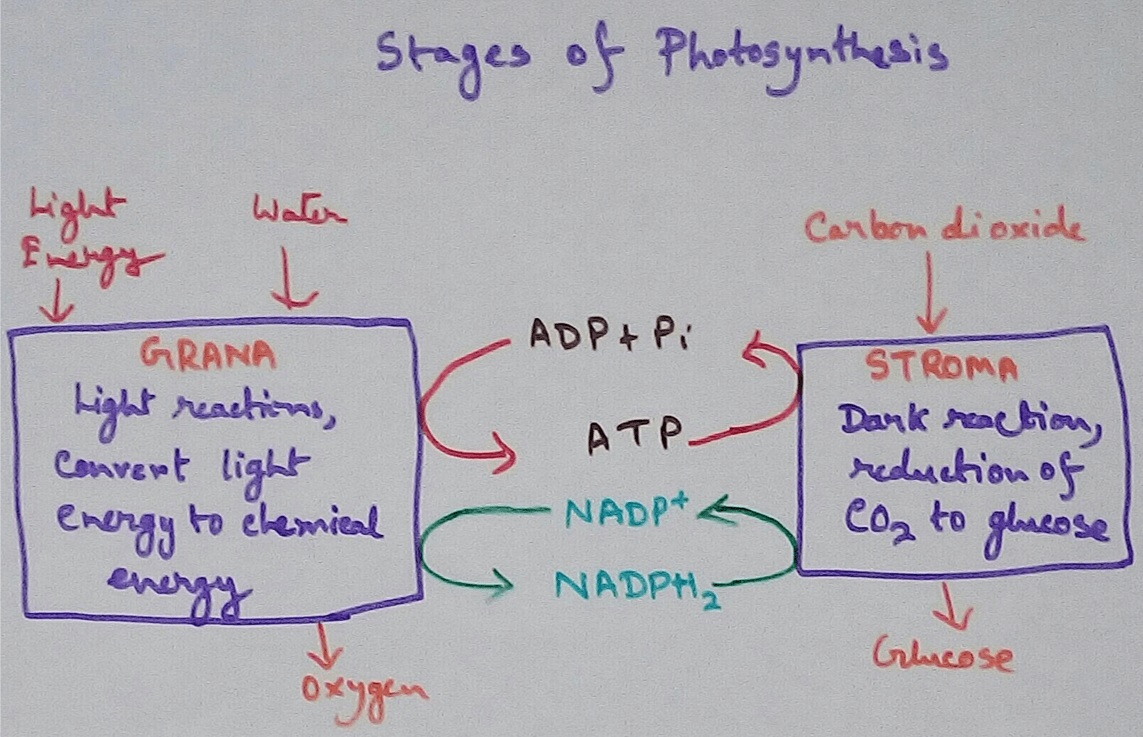
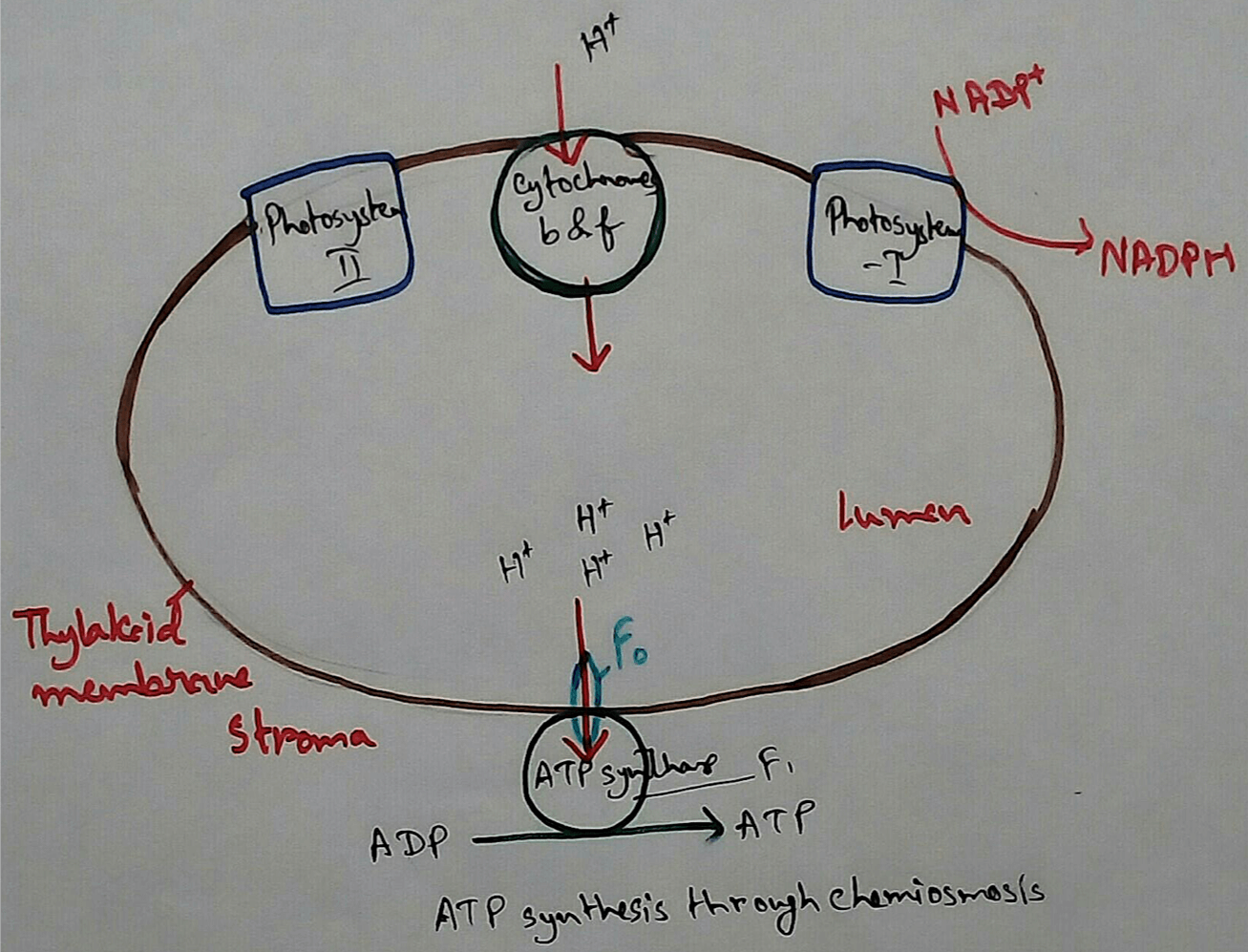
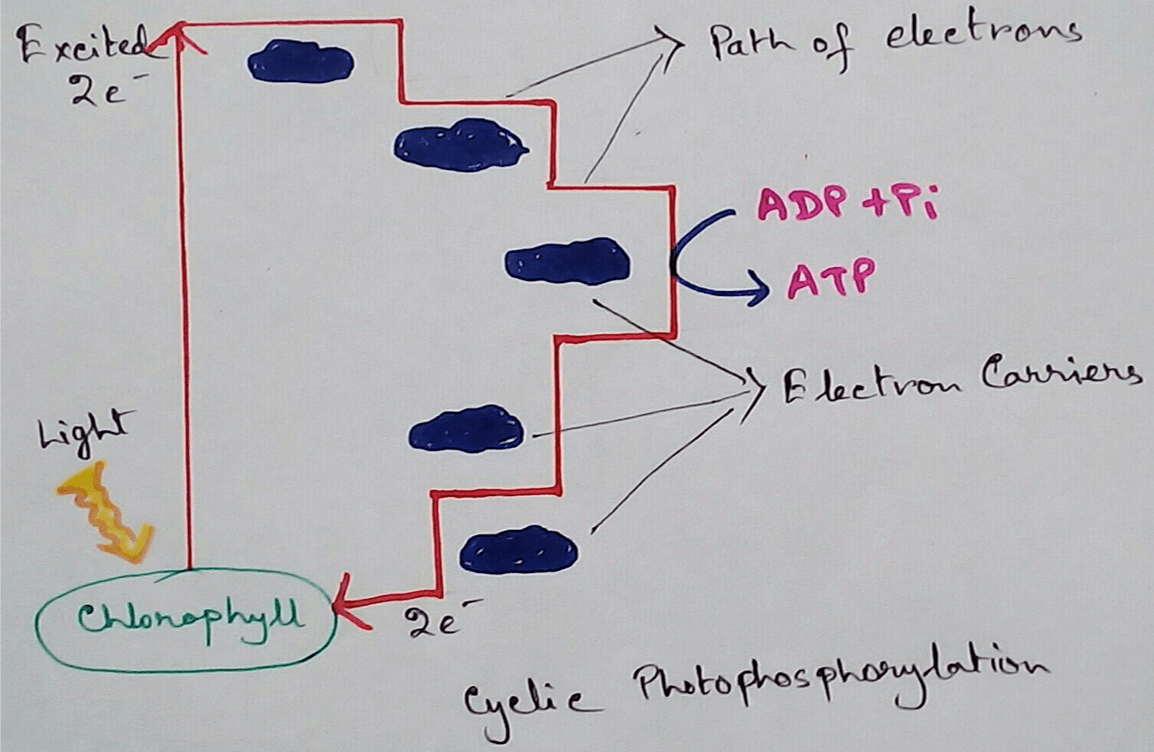
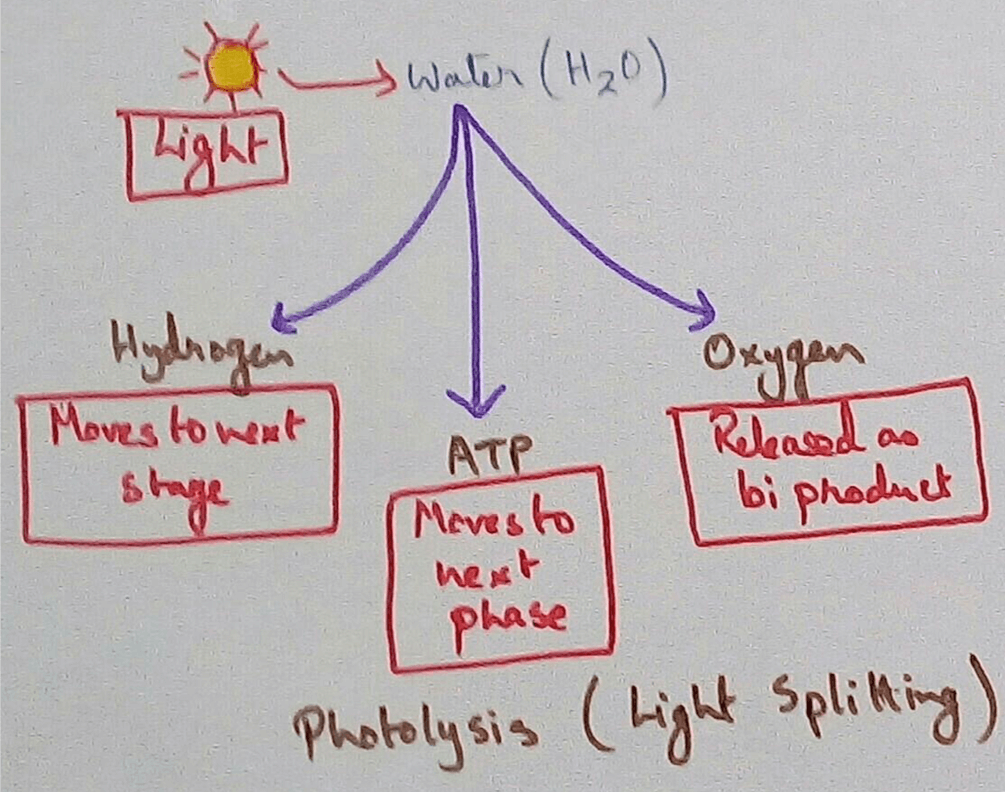
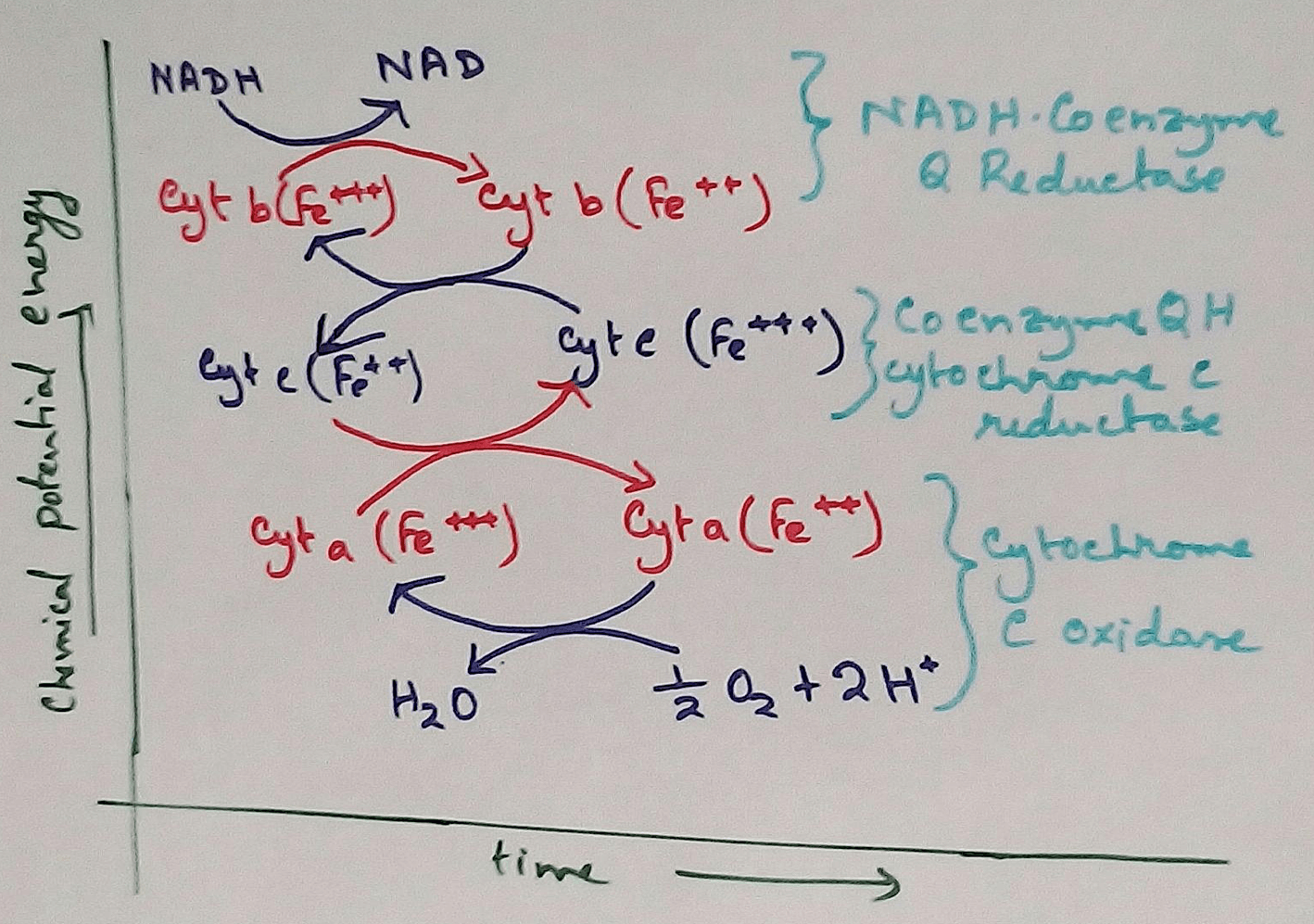
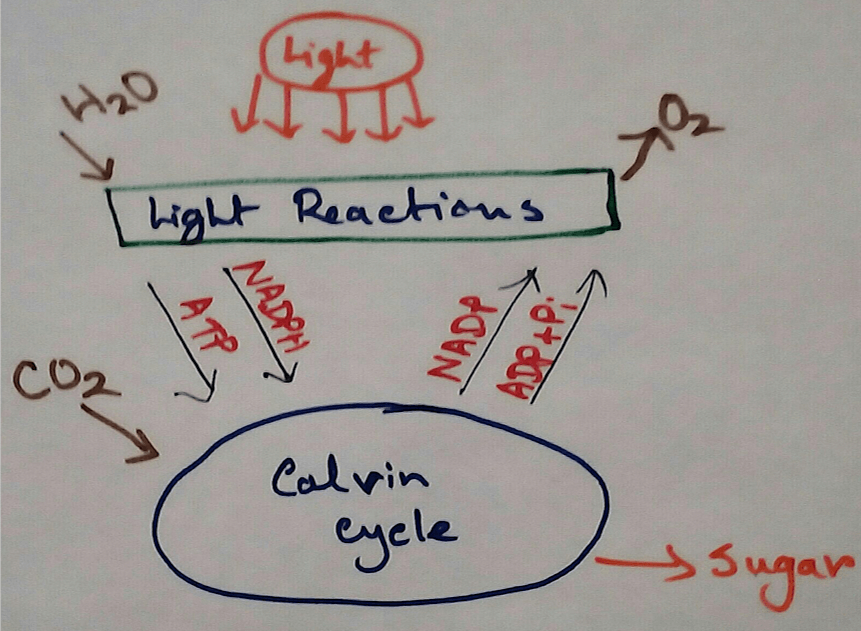
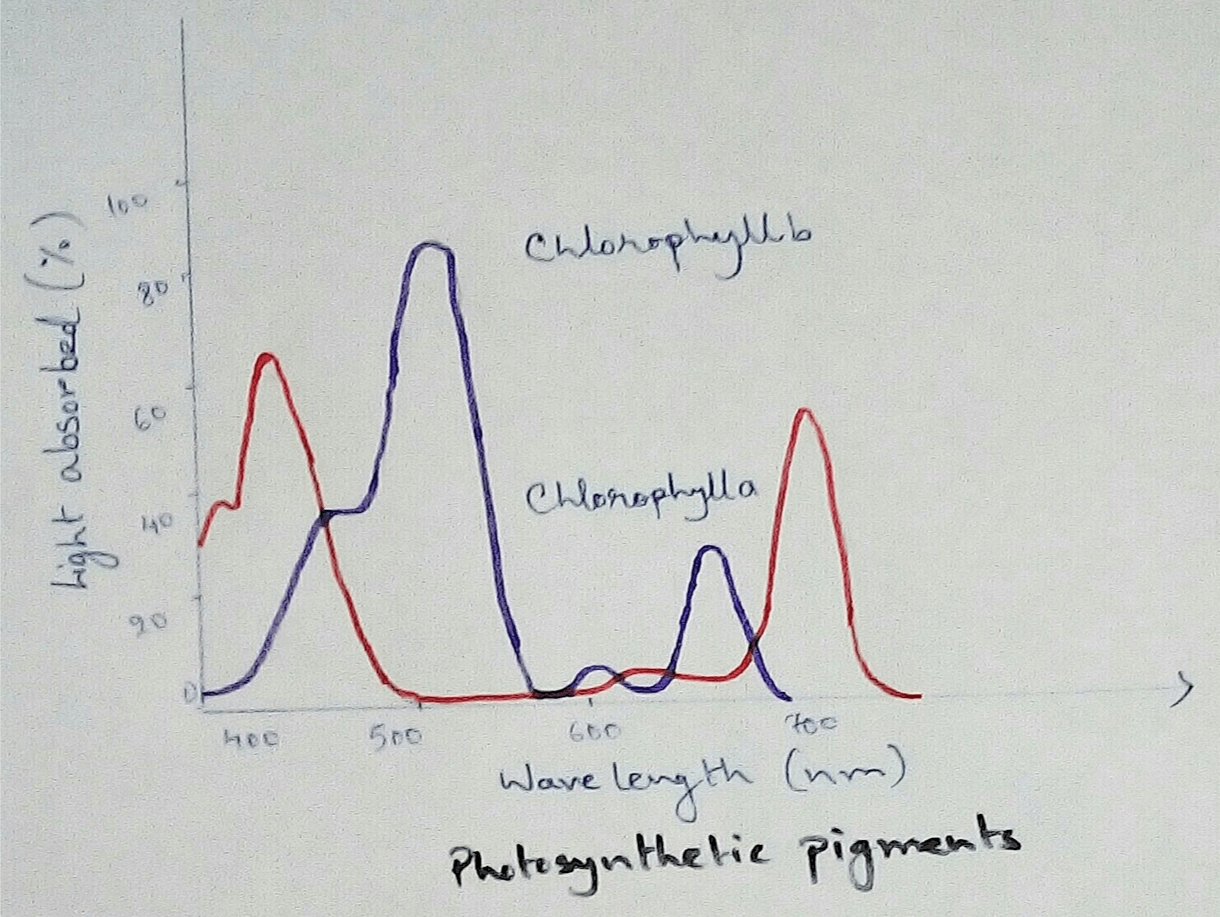
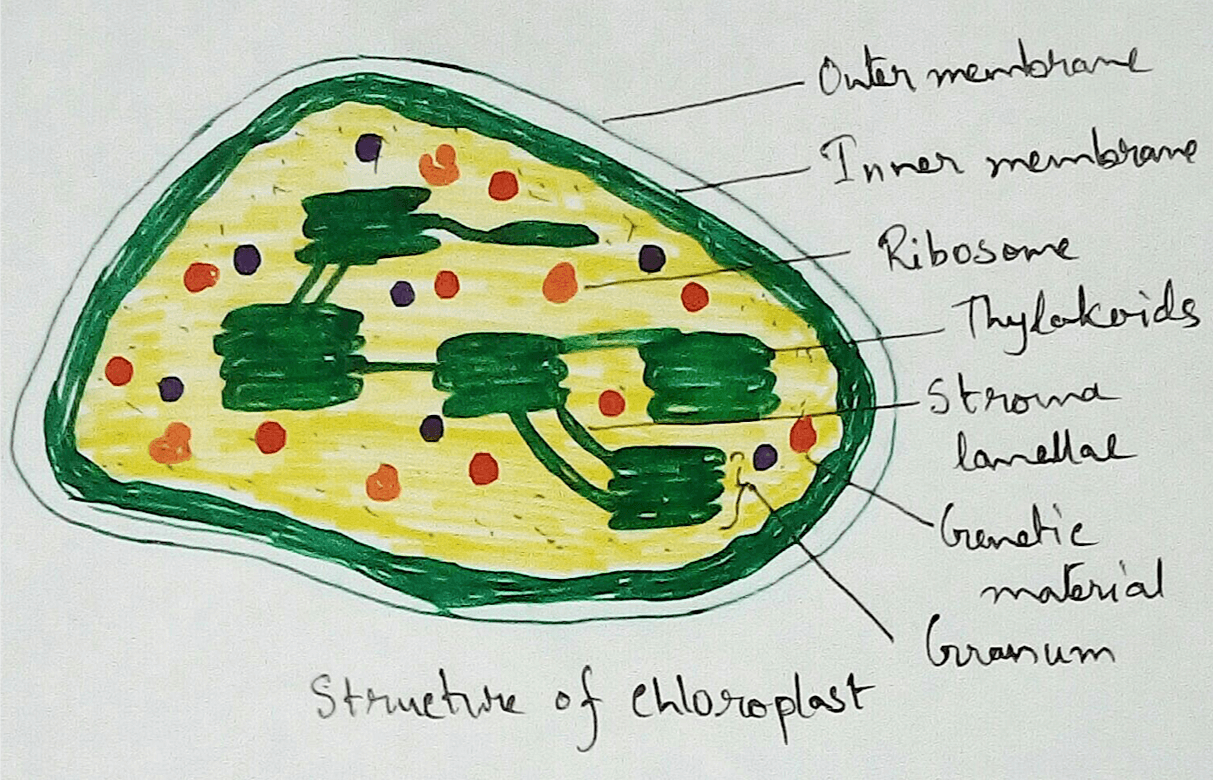
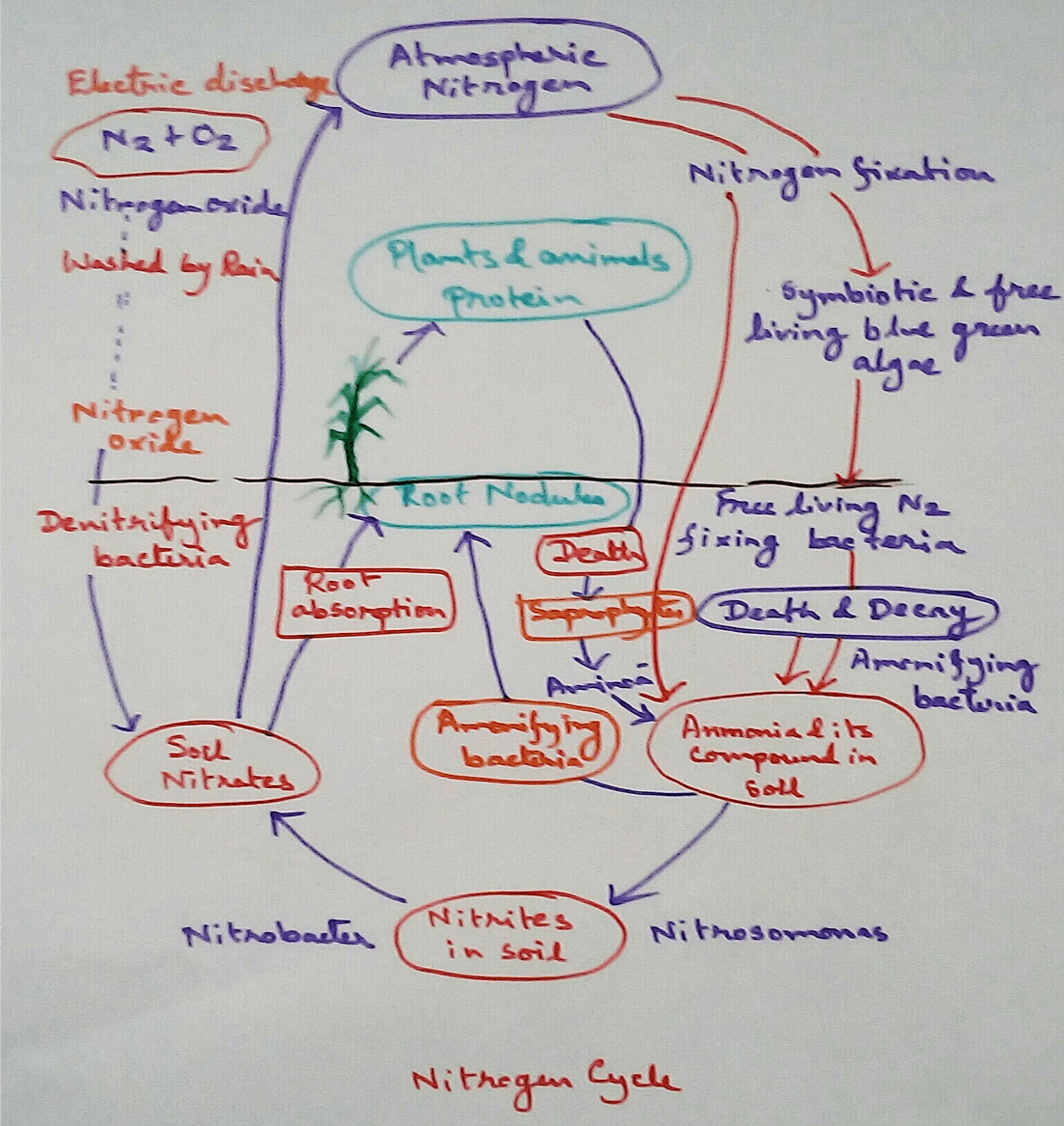
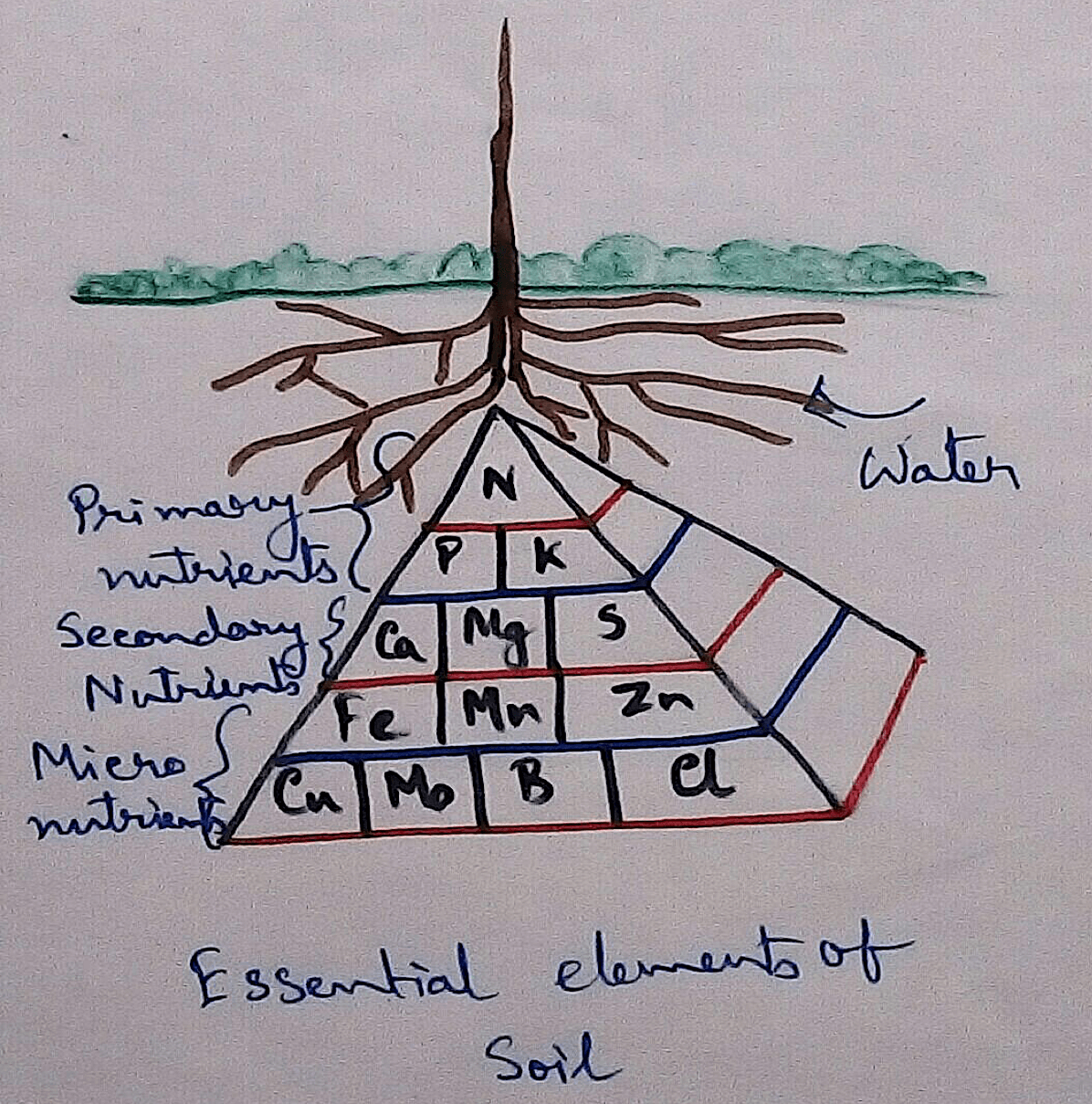
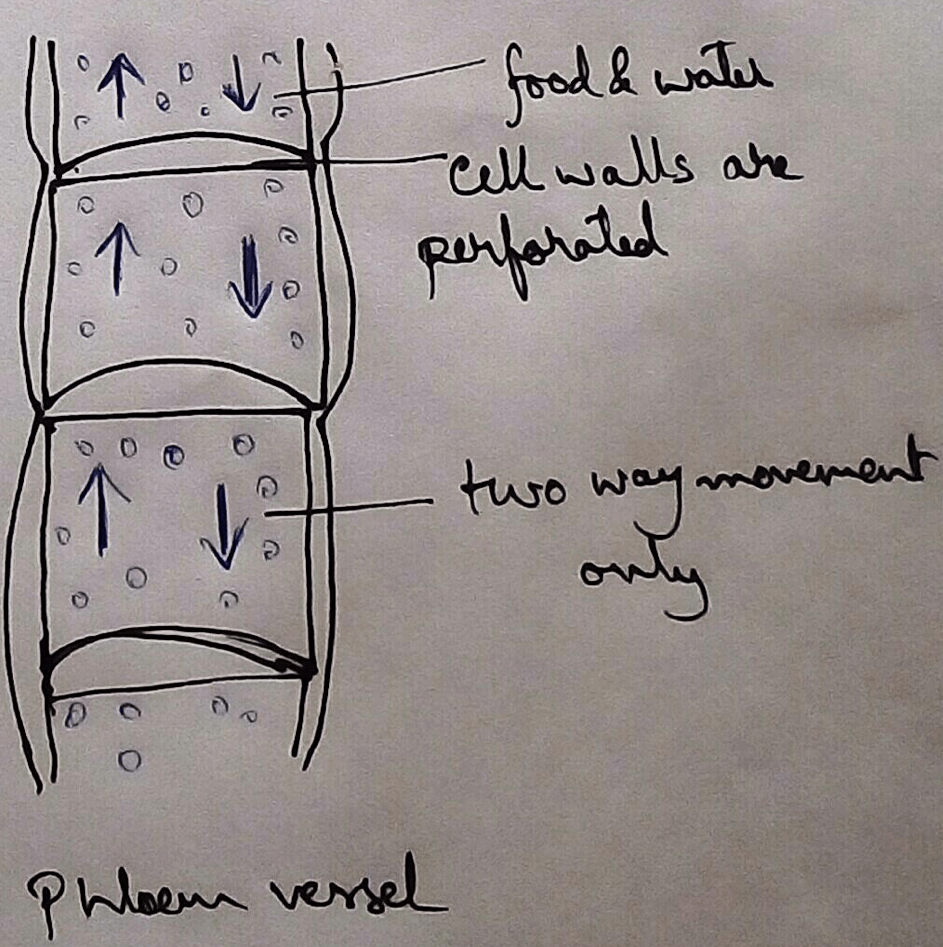
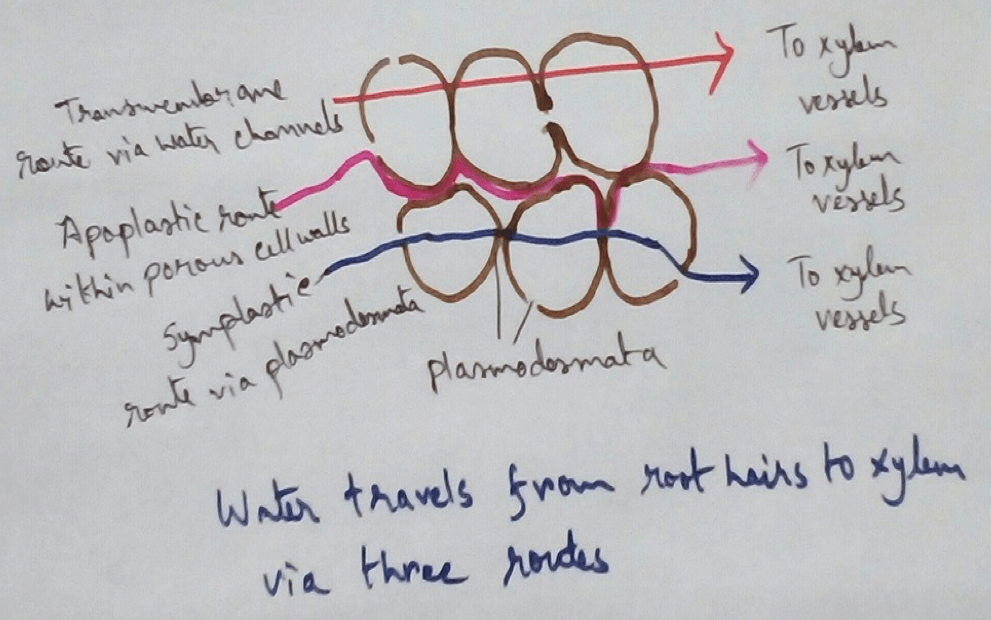
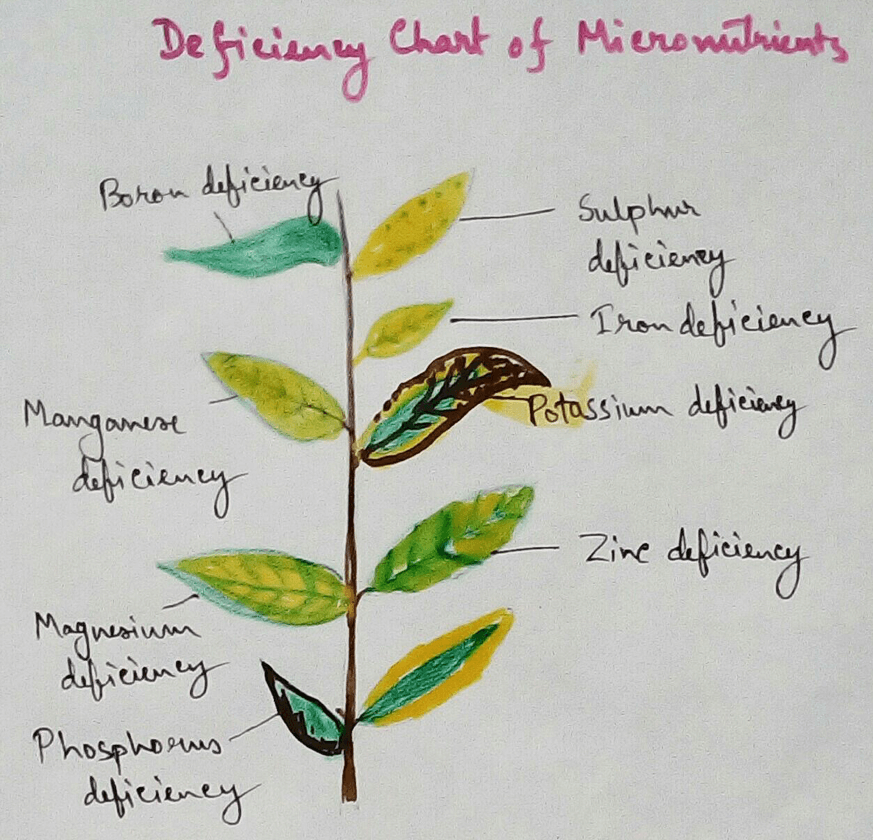
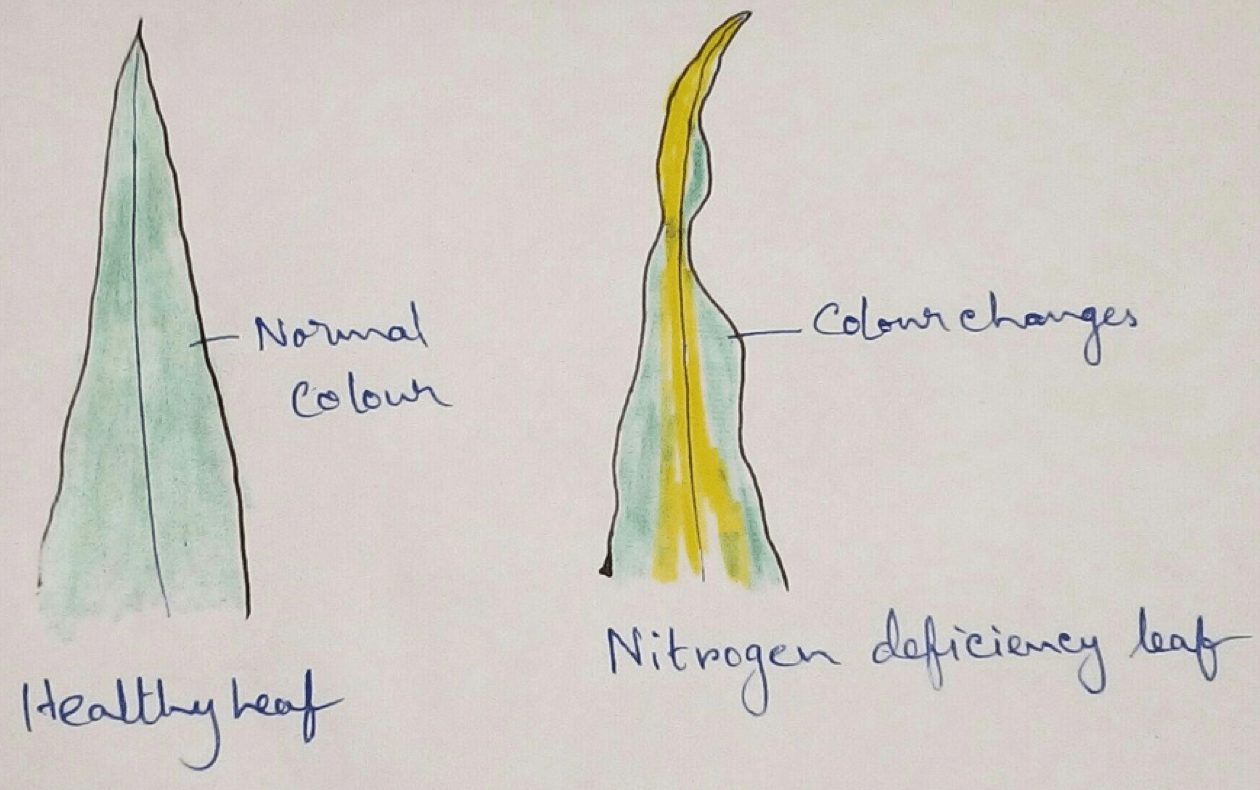
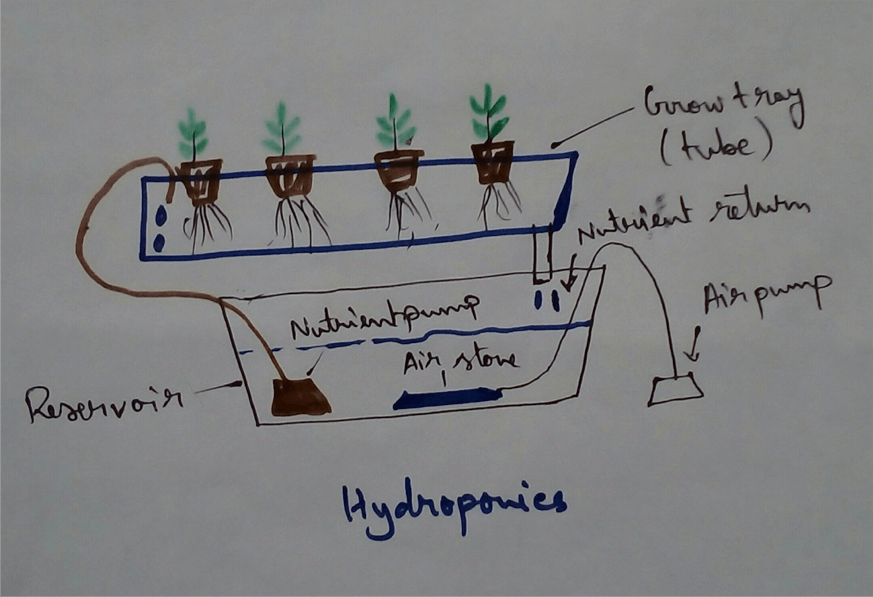
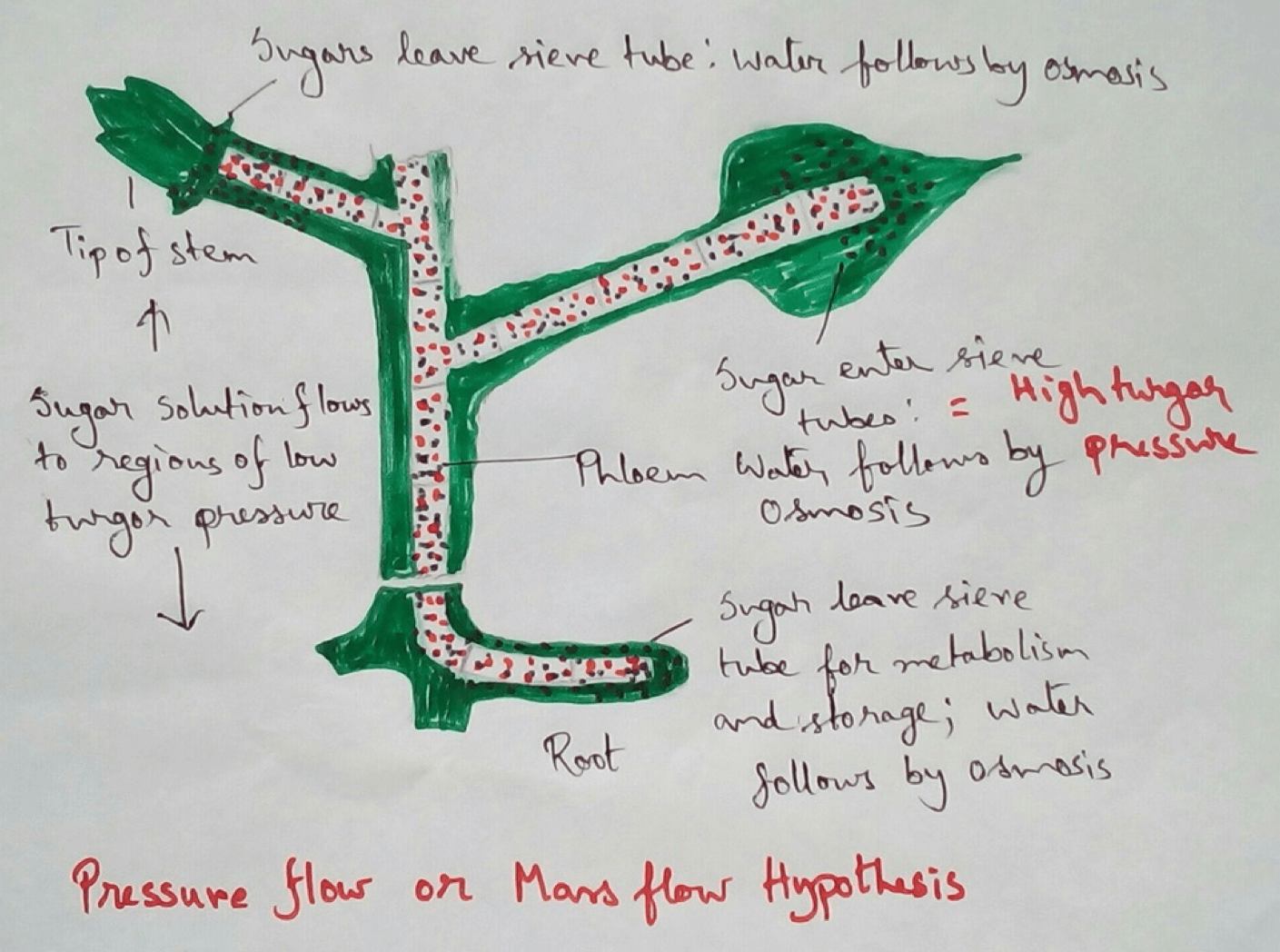
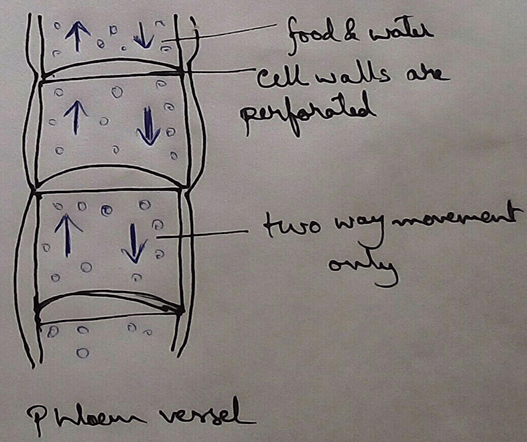
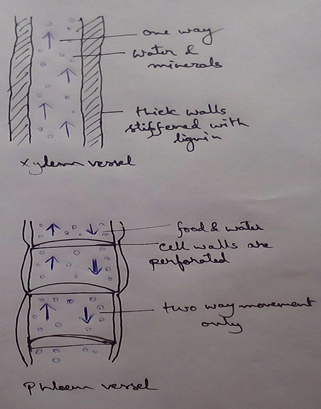
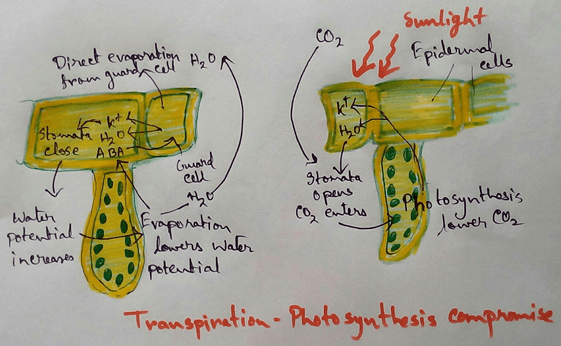
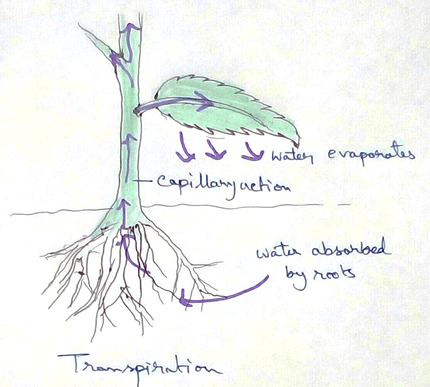
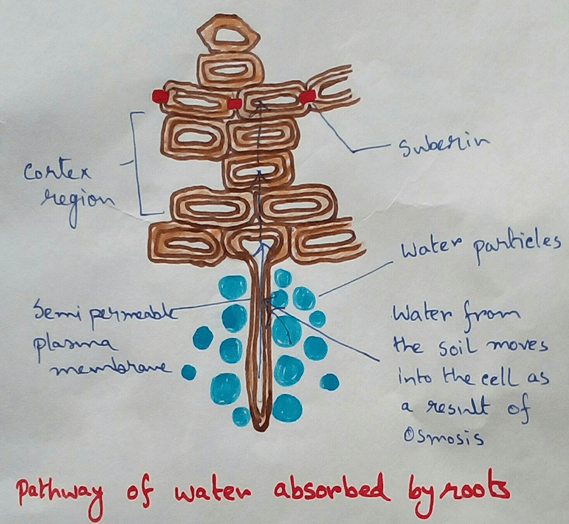
New! Comments
Have your say about what you just read! Leave me a comment in the box below.